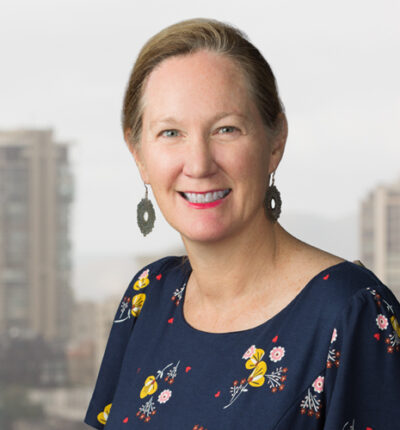Understanding Purpose Trusts: Advantages and Disadvantages
Posted on May 3, 2023 by Zoe Schlag, Susan Mac Cormac

Susan (“Suz”) co-chairs the Environmental, Social, and Governance (ESG), Social Enterprise + Impact Investing, and Energy practices at Morrison Foerster. She is the go-to legal resource for social enterprises (for-profit and non-profit companies focused on social or environmental purpose), impact investors (investors interested in social or environmental returns), and mainstream companies developing environmental, social, and corporate governance policies. She co-led the drafting group for the first of the new corporate forms (the Social Purpose Corporation in California), has created hybrid/tandem corporate structures and crafted debt and equity instruments that blend impact with traditional financial terms, and has used corporate law to develop creative capital market solutions to pressing environmental problems.
Suz was a founding board member of the Sustainability Accounting Standards Board (SASB), is a member of the board of directors of Business for Social Responsibility (BSR) having served as their primary corporate counsel for 20 years and is a contributing member of the Coalition of Environmentally Responsible Economies (Ceres) President’s Council, Earth Genome Project, UN Environment Program Finance Initiative, and American Carbon Registry. She teaches on the intersection of sustainability and fiduciary duties at Stanford Director’s College and the Northwestern Corporate Counsel Institute and is an adjunct professor at UC Berkeley School of Law where she began teaching a new course on Climate Finance and Governance in the Fall 2022 (after 9 years of teaching social enterprise). She was named a California Lawyer Attorney of the Year (CLAY) in 2012 and 2016 by Daily Journal and the Most Innovative Lawyer in North America in 2015 by the Financial Times.

We’re here to equip you with the tools you need to make a meaningful impact. Contact NCFP for support.
Keep up with trends in family philanthropy. Subscribe to our newsletter.
Gain access to personalized support and a network of peers. Join our community!

